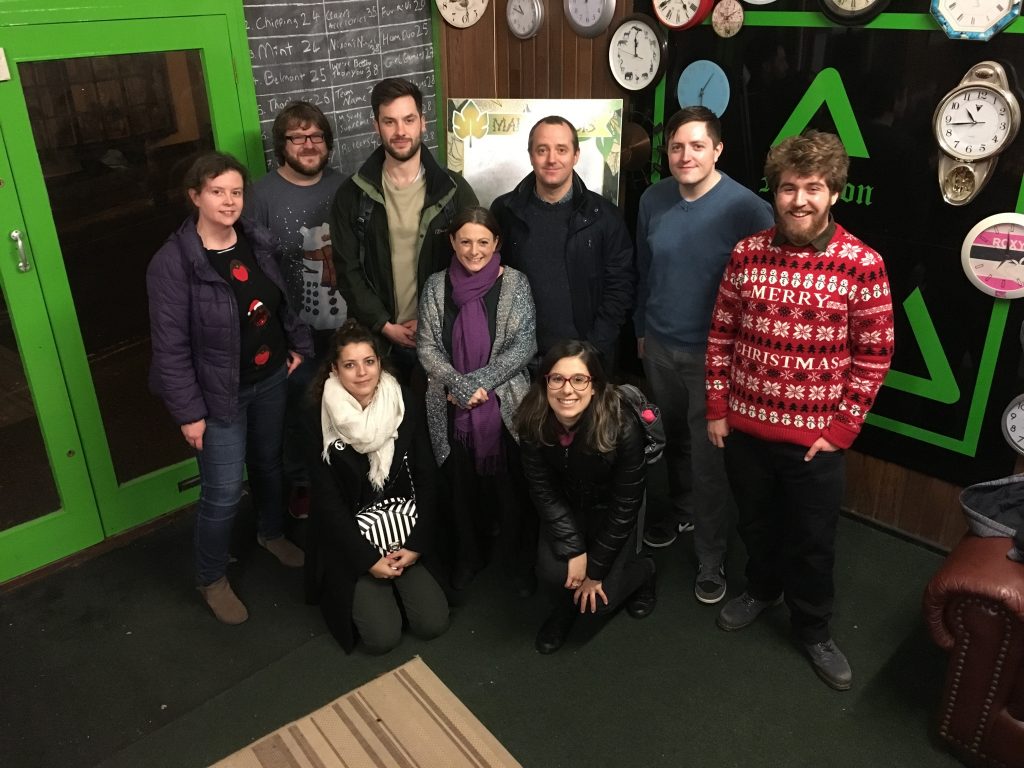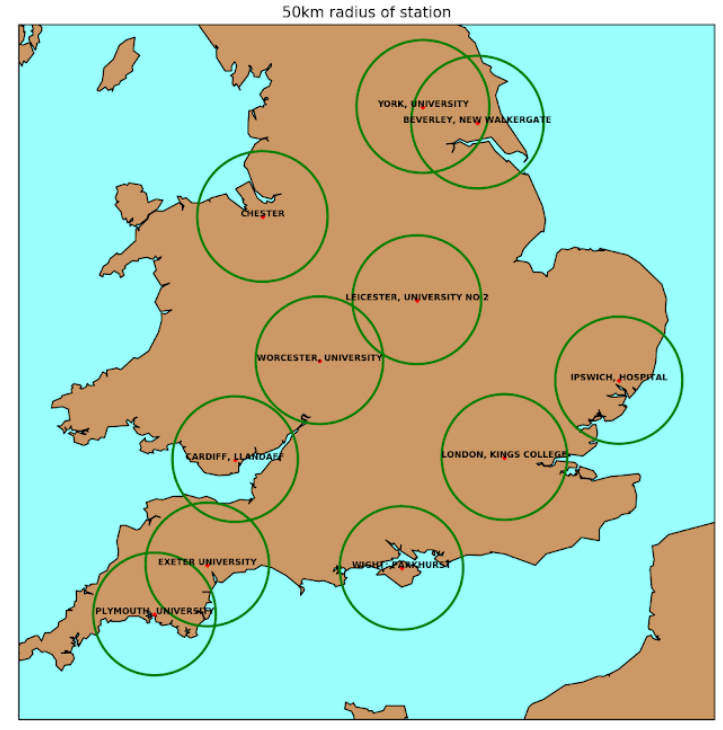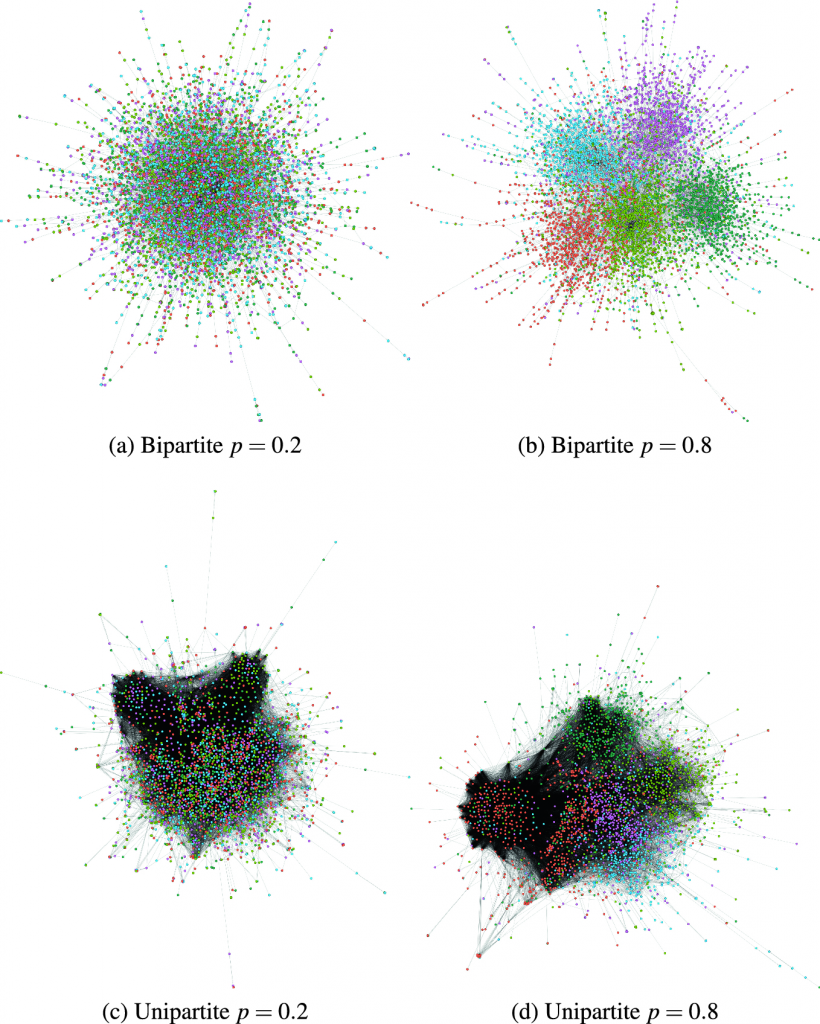
I’m a first year PhD student supervised by Tim Lenton, Hywel Williams and Chris Boulton. I will be working to quantify the impact of changing climate variance on ecosystem resilience. Initially I will be focusing on changes in vegetation patterns using remote sensed data in Google Earth Engine, with the aim of expanding this study by using ecological models.
Previously I studied BSc Mathematics at the University of Bristol, which I graduated from in 2017. Throughout this, I focused on applied mathematics, while also developing an understanding of wider environmental issues and sustainable development.
Following this, I undertook the MSc Climate Change Science and Policy course at the University of Bristol. For my research project I studied the marine carbon cycle with the model cGENIE, with a focus on the impact of rain ratio sensitivity and variation on the wider carbon cycle.





